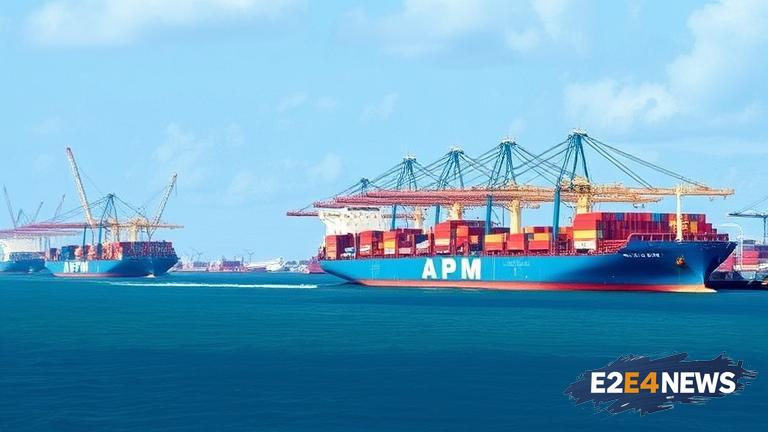The Liberian business community, particularly importers, have expressed deep concerns over the escalating prices of goods in the market. According to them, the inefficiencies and exorbitant charges at the APM Terminals, which handles the bulk of the country’s imports, are significantly contributing to the price hikes. Importers argue that the terminal’s high costs, coupled with its slow pace of operation, are forcing them to increase the prices of their goods to stay afloat. This, in turn, affects the ordinary consumer who has to bear the brunt of these increased costs. The situation is further exacerbated by the lack of competition in the sector, which gives APM Terminals a monopoly over the import and export business in Liberia. Importers are calling on the government to intervene and address the issues at the terminal, which they believe will help stabilize prices and improve the overall business environment. They suggest that the government should consider investing in the expansion and modernization of the terminal to increase its efficiency and reduce costs. Additionally, importers are advocating for the introduction of competition in the sector to break APM Terminals’ monopoly and give them more options for importing and exporting their goods. The Liberian government has been urged to take a closer look at the concession agreement with APM Terminals and consider renegotiating it to better serve the interests of the country and its people. The current situation has sparked widespread debate, with many calling for urgent action to be taken to address the issues at the terminal. The Liberian business community is hopeful that the government will heed their call and take the necessary steps to improve the situation. Meanwhile, consumers are feeling the pinch of the price hikes, which are affecting their purchasing power and overall standard of living. The Liberian economy is largely dependent on imports, and the high costs at the terminal are having a ripple effect on the entire economy. The government has been advised to consider the long-term implications of the current situation and take proactive measures to mitigate its effects. Importers are also exploring alternative options, such as using neighboring countries’ ports, to avoid the high costs and inefficiencies at the APM Terminals. However, this could have its own set of challenges and may not be a viable solution in the long run. The Liberian government needs to strike a balance between attracting foreign investment and protecting the interests of its citizens. The situation at the APM Terminals is a complex one, and a comprehensive solution is needed to address the issues at hand. Importers, consumers, and the government must work together to find a solution that benefits all parties involved. The Liberian business community is eager to see a resolution to the current situation, which is affecting their operations and profitability. The government’s response to the situation will be crucial in determining the future of the import and export business in Liberia. As the situation continues to unfold, one thing is clear: the Liberian government must take urgent action to address the issues at the APM Terminals and stabilize prices in the market. The current situation is unsustainable, and if left unaddressed, could have far-reaching consequences for the Liberian economy. The government must consider the concerns of importers and consumers and work towards finding a solution that benefits all parties involved. The Liberian people are looking to their government to provide leadership and guidance in this critical moment. The government’s ability to address the issues at the APM Terminals will be a test of its commitment to the welfare of its citizens and the development of the country’s economy.
